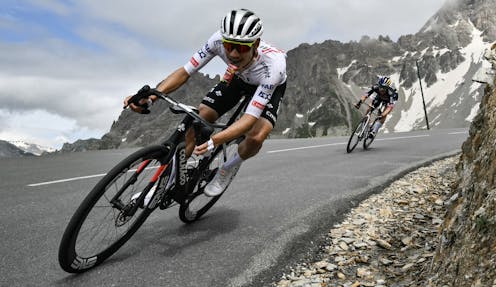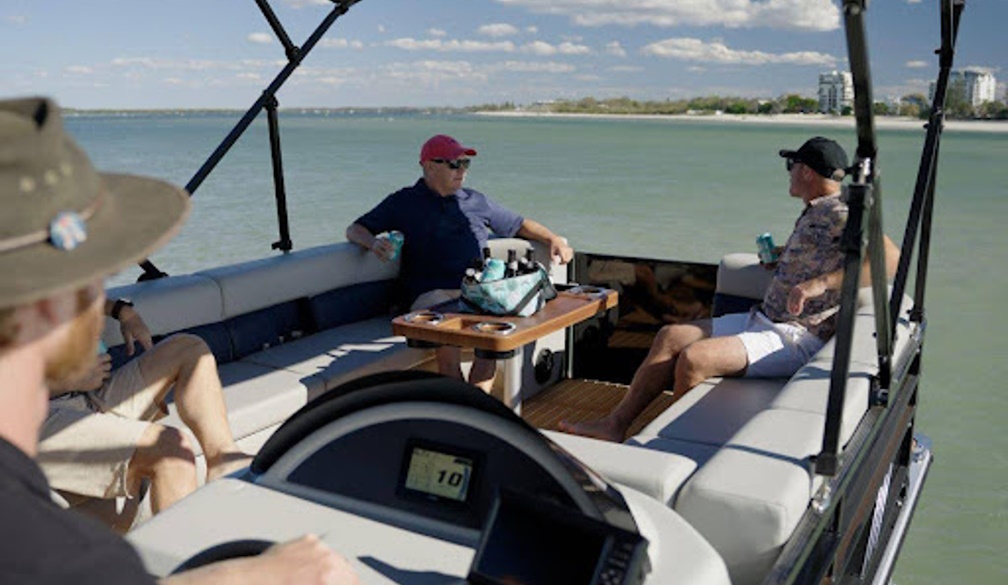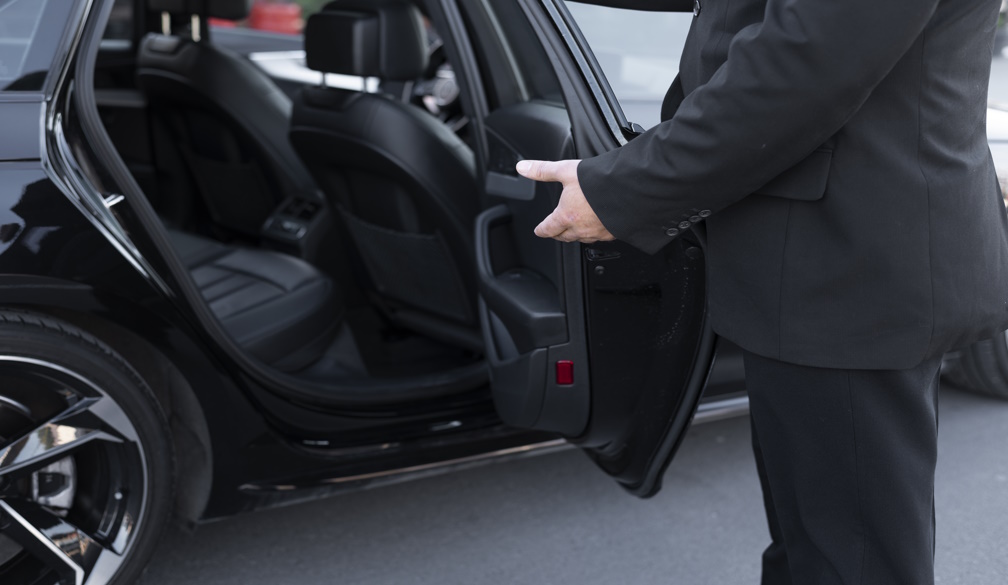Cycling’s governing body is introducing new rules to slow down elite riders. Not everyone’s happy
- Written by Popi Sotiriadou, Associate Professor of Sport Management - Director Business Innovation, Griffith University

Most sports look to support their athletes to become “faster, higher, stronger” – in reference to the Olympic Games’ original motto – so it is perhaps surprising that cycling’s world governing body is trying to slow down elite riders.
However, there’s good reason the Union Cycliste Internationale (UCI) recently announced new rules to slow riders down.
These rules – which apply to elite road and cyclo-cross mass-start events for men and women such as the Tour de France – come into place shortly and are aimed at improving rider safety.
Read more: I rode the Tour de France to study its impact on the human body – here's what I learned
What are the new rules?
From August 1, a new bicycle gearing regulation will kick in.
Professional cyclists will only be allowed to use a 54-tooth front chainring with an 11-tooth rear cog.
This replaces the current common setup of 54-10.
To put this into context, a 54-tooth chainring is the big front gear on a bike and the 11-tooth cog is a small rear gear. Moving to a slightly bigger cog (54-11) makes it harder to hit top speeds: the change from a 54-10 to a 54-11 gear setup could reduce the top speed by about 2.4 kilometres per hour.
Pro riders can reach incredible speeds during descents, sometimes surpassing 130 kilometres per hour.
Then, from January 1 2026, handlebars must become wider, increasing from a minimum 350–360 millimetres width (depending on the event) to at least 400mm wide.
The handlebar width affects how a rider controls their bike: narrower bars reduce frontal surface area, making a rider more aerodynamic which again means a faster ride.
This is especially useful in time trials or sprints.
Wider bars offer better stability and control, helping navigate tight turns, peloton traffic, or crosswinds.
The UCI has also announced plans to introduce a formal helmet approval protocol in 2027, which will include separate standards for helmets used in mass-start events and time trials.
This shift suggests helmets may soon be subject to the same pre-race approval process as frames and wheels, potentially leading to safer, more regulated head protection.
New rules, different opinions
Professional cycling is getting faster due to stronger athletes, better training and advanced, lighter equipment.
As a result, high-speed crashes, especially downhill or in crowded sprint finishes, have become more common and more dangerous.
The UCI maintain the new regulations are part of a broader strategy to mitigate speed-related risks, enhance safety and uphold the integrity of the sport.
However, these measures have sparked debate within the cycling community.
Some elite cyclists, particularly those who have suffered severe crashes and injuries, suggest it is time safety caught up with technology.
Wout van Aert, who suffered a severe knee injury in September 2024 during a wet descent, said:
Limiting the number of gears would make the sport much safer.
Chris Froome, four-time Tour de France winner, also said he supported strategies “to keep the speeds down on the descents”.
The Professional Cycling Council supports testing gear ratio limits.
It is also likely these changes could limit cutting-edge innovations that only wealthy teams can afford. This would in turn narrow technological disparities across teams.
Former pro Michael Barry though believes gear restrictions are not the answer, and the UCI should instead focus on improved course design and inspection, better barriers and crash protective clothing.
Technology experts agree, arguing speed is determined more by a rider’s power output and aerodynamic drag than by gear ratios. To enhance safety, they propose alternative solutions such as real-time rider tracking, crash-protective clothing, improved course design and inspection and faster medical response.
The wider handlebar rule has also stirred controversy, especially among smaller-framed riders, many of whom are women, who typically ride with 360–380mm handlebars for better comfort and control.
Under the new regulation, those forced to use bars that exceed their optimal fit range could end up suffering from poor wrist alignment, increased fatigue and a higher risk of repetitive strain injuries.
Despite the growth of women’s cycling, the UCI has not made exemptions for smaller riders, raising concerns a one-size-fits-all solution may compromise inclusively and safety.
Even though regular riders can continue to use the equipment they prefer, what happens in the pro world often shapes non-elite rider preferences and trends, and the bikes sold in stores. If narrower bars are banned at the top level, manufacturers may stop offering them.
Historically, advancements in aerodynamics, gear ratios and component weights seen in the pro peloton have become standard features on consumer bikes.
A delicate balance
The UCI’s new regulations mark a likely shift towards standardised equipment and heightened safety. This deliberate emphasis on safety naturally elevates awareness among all cyclists about the crucial link between equipment choices and rider wellbeing.
While these restrictions may foster a more level playing field, they also risk curbing the sport’s long-standing tradition of engineering innovation.
The very appeal of professional cycling has often been intrinsically tied to the relentless pursuit of technological advancements that yield even fractional competitive advantages.
Striking a balance between ensuring safety and preserving this spirit of ingenuity remains a crucial challenge for the sport’s future.
Authors: Popi Sotiriadou, Associate Professor of Sport Management - Director Business Innovation, Griffith University



















